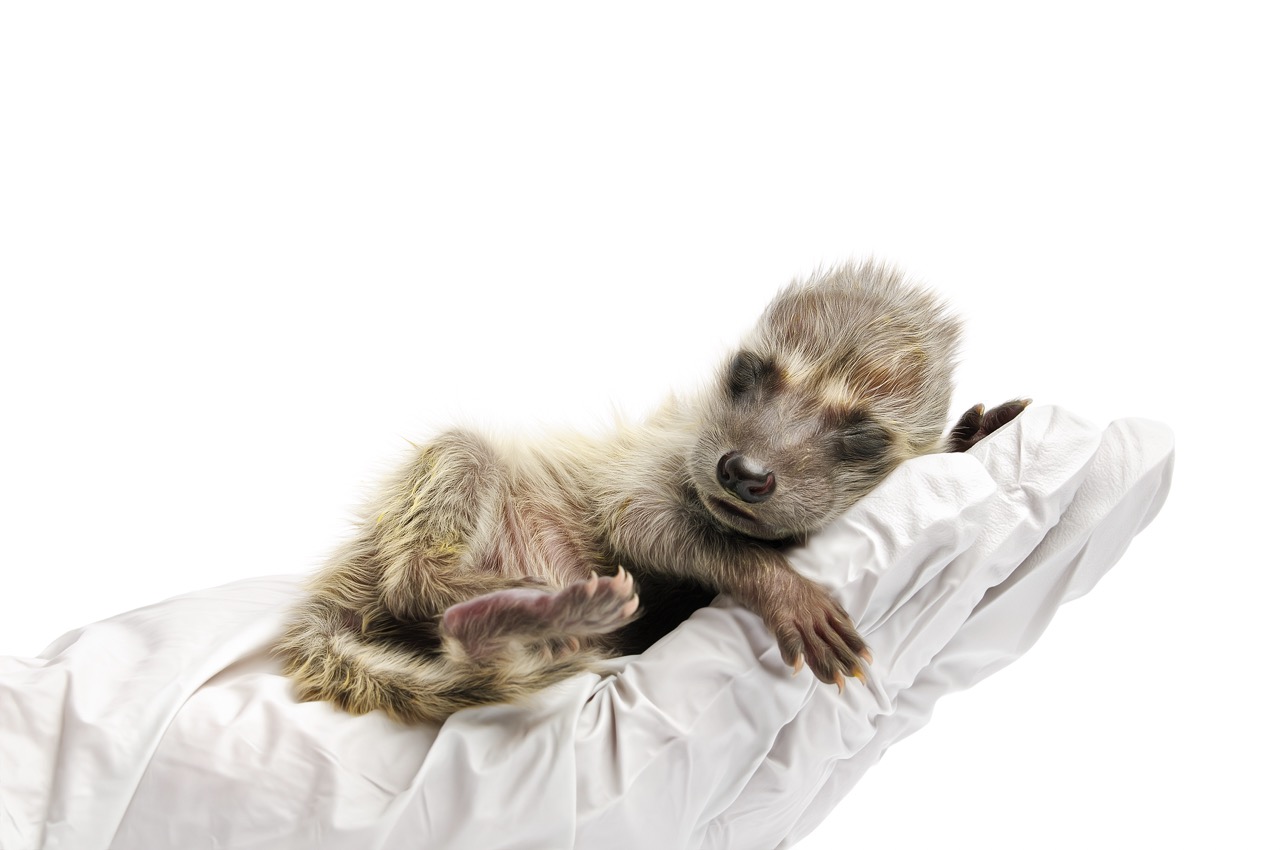Genetic disorders in ferrets can significantly impact their health and quality of life. As increasingly popular pets, ferrets are subject to various genetic conditions that can arise from both hereditary factors and breeding practices. Understanding these disorders is essential for responsible ownership and effective veterinary care. This article delves into the types of genetic disorders seen in ferrets, their implications for health and longevity, and strategies to manage the well-being of affected animals.
Understanding Genetic Disorders in Ferrets: An Overview
Genetic disorders are conditions caused by abnormalities in an individual’s DNA, which can be inherited from one or both parents. In ferrets, these disorders can manifest in various ways, affecting multiple systems within the body. Some genetic issues may not present symptoms until the ferret reaches maturity, while others may become apparent in juvenile stages. Recognizing the signs of genetic disorders is critical for pet owners, as early detection can lead to more effective management and treatment options.
Ferrets are particularly susceptible to certain genetic disorders due to their selective breeding for specific traits. Over generations, some genetic lines have developed a higher prevalence of hereditary health issues. This breeding practice, which often focuses on physical appearance and temperament, can inadvertently select for deleterious traits. Hence, understanding the genetic background of a ferret can provide valuable insights into potential health risks and inform breeding choices to mitigate the risk of passing on these disorders.
Veterinarians and ferret breeders alike emphasize the importance of genetic testing as a proactive measure. By identifying potential genetic conditions early, owners can make informed decisions about breeding and care. Genetic screenings can help in recognizing carriers of certain disorders, enabling better management of breeding practices to reduce the overall incidence of genetic diseases within populations of ferrets.
Common Genetic Disorders Found in Ferrets and Their Causes
Several genetic disorders are commonly observed in ferrets, with adrenal disease and insulinoma being among the most impactful. Adrenal disease, characterized by hyperplasia or tumors of the adrenal glands, leads to hormone imbalances that can cause various symptoms, including hair loss, lethargy, and increased aggression. This condition is often linked to genetics, with certain lines being more predisposed to develop it. Insulinoma, a tumor of the pancreas that causes excessive insulin production, is another prevalent condition that affects ferrets, leading to hypoglycemia and requiring careful management.
Another genetic disorder found in ferrets is cardiac disease, particularly dilated cardiomyopathy (DCM). This condition impairs the heart’s ability to pump blood effectively and is often inherited in certain bloodlines. Symptoms may include coughing, difficulty breathing, and lethargy. Pet owners should be vigilant for these signs, as early detection can improve outcomes through prompt treatment.
Lastly, hereditary deafness and some forms of skin disorders have also been documented in ferrets. These conditions can arise from specific genetic lines, often those with particular coat colors or patterns. Understanding the genetic predispositions can aid in both prevention and treatment, allowing owners to seek appropriate veterinary care when necessary.
Impact of Genetic Disorders on Ferret Health and Longevity
The presence of genetic disorders in ferrets can significantly affect their overall health and longevity. Conditions like adrenal disease and insulinoma can lead to chronic health issues that may require ongoing treatment, impacting both the quality of life and lifespan of the affected ferret. While some genetic disorders can be managed with medication and lifestyle changes, they often necessitate regular veterinary visits and increased healthcare costs.
Moreover, the psychological impact on ferrets suffering from chronic conditions cannot be overlooked. Illness can lead to behavioral changes, such as increased irritability or withdrawal from social interactions. This altered behavior can affect their bond with owners and the overall dynamics within a multi-pet household. The stress related to frequent veterinary visits and the management of these disorders can also take a toll on the ferret’s well-being.
Understanding the potential impact of genetic disorders is essential for ferret owners. With informed care and early intervention, many health issues can be managed effectively, leading to a better quality of life. Additionally, responsible breeding practices aimed at reducing the prevalence of genetic disorders can enhance the overall health of future generations of ferrets.
Management and Care Strategies for Affected Ferrets
Management of genetic disorders in ferrets involves a multi-faceted approach, starting with regular veterinary check-ups. Early detection of conditions such as adrenal disease or insulinoma is crucial for effective treatment. Veterinarians may recommend routine blood tests and physical examinations to monitor changes in health. Additionally, owners should be vigilant for any behavioral or physical signs of distress that may indicate an underlying issue.
Diet and nutrition play a significant role in the management of genetic disorders. Ferrets with specific health concerns may benefit from tailored diets that support their condition. For example, insulinoma-affected ferrets may require a diet low in carbohydrates to help regulate blood sugar levels. Consulting with a veterinarian can help owners develop an appropriate feeding plan to optimize their ferret’s health.
Lastly, providing a supportive and enriching environment is essential for the well-being of ferrets with genetic disorders. Stress reduction through consistent routines, social engagement, and mental stimulation can significantly improve their quality of life. Owners should also consider consulting with a veterinary behaviorist if they notice any significant changes in their ferret’s behavior as a result of their health condition.
Genetic disorders in ferrets present unique challenges for both owners and veterinarians. By understanding the nature of these disorders, their causes, and their impact on health, responsible ownership can be practiced. Through proactive management strategies and informed care, affected ferrets can lead fulfilling lives, and responsible breeding practices can help mitigate the prevalence of these conditions in future generations. Awareness and education remain key in ensuring that ferrets receive the quality of care they deserve.










